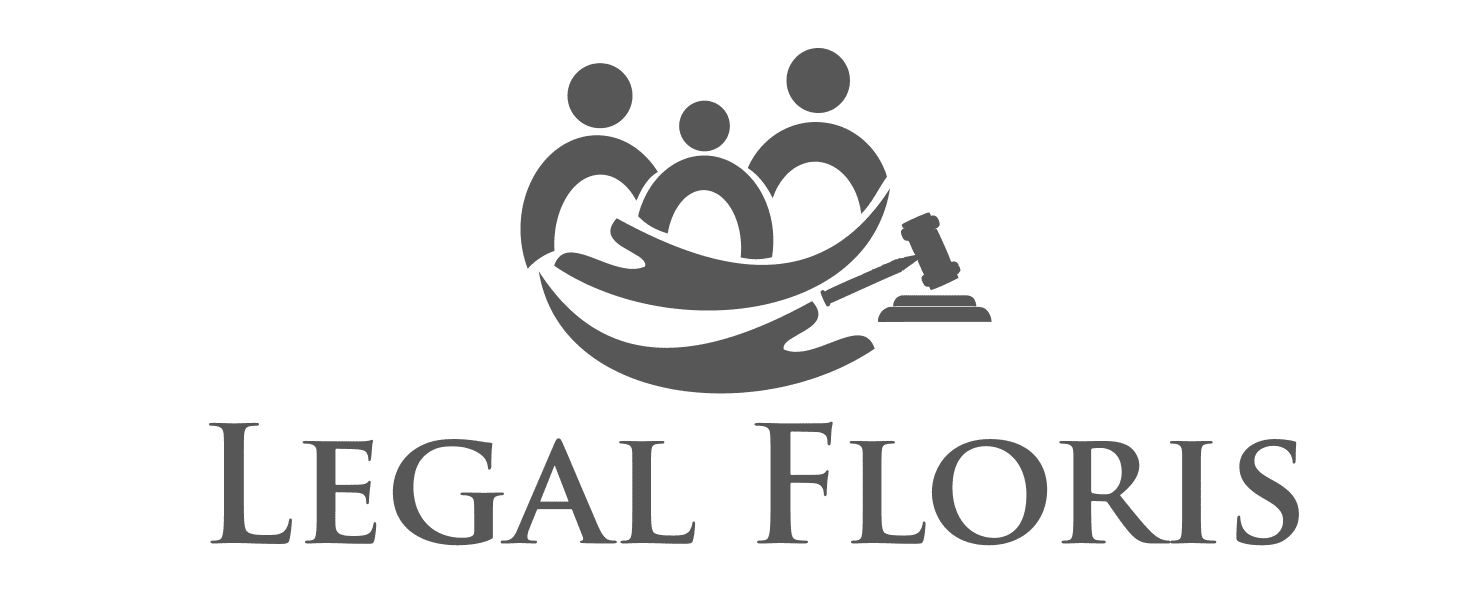Blow the whistle and get rich, top US lawyer tells European bankers
13 November 2018 17:28 GMT
By Matei Rosca
European bankers should take advantage of favorable U.S. regulations to reveal wrongdoing by their employers and reap generous financial rewards, said Stephen Kohn, the lawyer representing the Danske Bank A/S whistleblower.
Such rewards are not available through the European legal system, but the extraterritorial nature of U.S. regulations makes them available to whistleblowers overseas, Kohn said at a London conference on Nov. 13.
“Unless you have strong oversight and unless you incentivize the detectors, the whistleblowers, the absolute essential source of information, the market itself will be corrupted. Bad behavior will be reinforced and honest people driven out,” said Kohn, a partner at Washington, D.C., practice Kohn Kohn & Colapinto LLP.
“Europe is asleep. I am angry at what I see in Europe, I am upset that I have so many European clients and I am upset that the responses we get from the parliaments and the regulators have no sensitivity to whistleblowers … I have never recommended a client go to a European law enforcement agency.”
On the other hand, said Kohn, U.S. regulators would be happy to hear from European bankers. “The U.S. laws are supersonic. They give our people anonymity, confidentiality, so nothing turns up. The best protection against retaliation is that no one knows who you are. They reward you not because you suffered, not because you were fired and driven into unemployment for years, or forced to live in a car — which I’ve seen many times — they compensate you based on the value of your information, and nothing can be better than that,” he said. “These are supersonic laws that I urge all my European clients to utilize.”
A great deal of crime remains uncovered in Europe due to “political hostility towards whistleblowers,” the lawyer said.
“If you do not have an active and successful whistleblower program the overwhelming majority of frauds and bribes and money laundering will remain hidden.”
Kohn suggested that although the legal proceedings against Danske Bank were continuing, whistleblower Howard Wilkinson is likely to take advantage of the U.S. system of rewards for information leading to successful penalties.
Danske Bank’s Estonia branch was revealed in 2018 to have processed billions of dollars of obscure origin between 2007 and 2015, leading to the unit’s closure, the resignation of the group CEO and chairman, and the opening of multiple investigations.
The U.S., said Kohn, recovered $3.7 billion in proceeds of fraud in 2017 and of that amount $3.4 billion, or 92%, was recovered thanks to whistleblowers. Around $392.95 million was paid back to whistleblowers as a reward, according to Kohn’s data.
Whistleblowers have since 1986 received $6.6 billion in payouts from various agencies of the U.S. government, including the U.S. Securities and Exchange Commission and the Internal Revenue Service. One of the highest-ever rewards to a single person was paid in March 2018 by the SEC, standing at $50 million.
For its part, the Bank of England concluded in 2018 that whistleblower incentives would be ineffective in the U.K. system, arousing criticism from some experts.
“The current system of detecting financial crime does not work,” said Floris Alexander, a Dutch lawyer specializing in financial crime and asset recovery, on the sidelines of the same conference. This makes it necessary to convince more employees to blow the whistle.
“Without a reward, you cannot ask people to come forward and report the misconduct that is happening in the bank. You cannot ask people to risk losing their job and their future while reporting offenses,” he said, suggesting that the EU should reform its whistleblower protection rules to include financial payouts along similar lines to the U.S.
Source: S&P Market Intelligence – link to the article.
